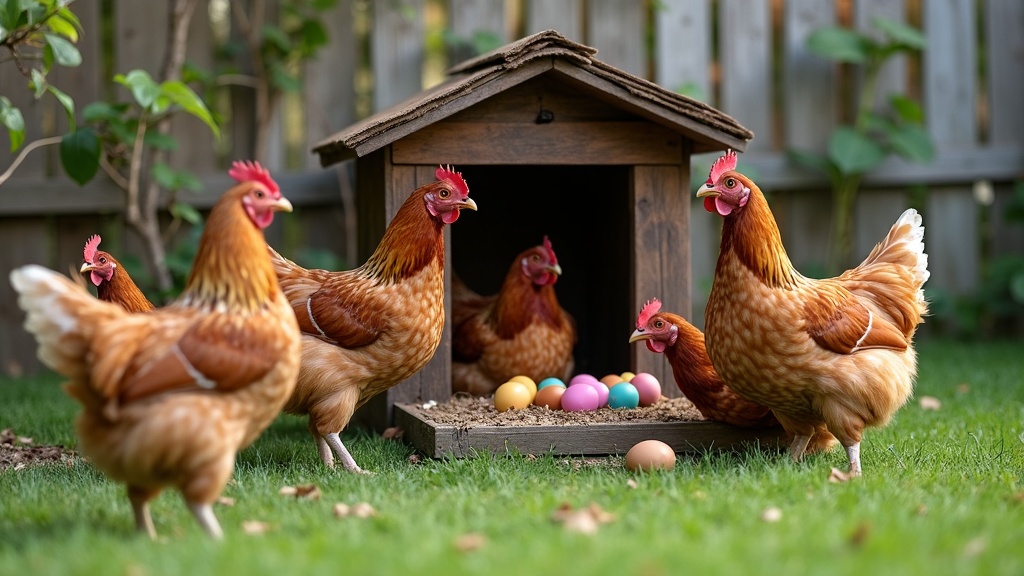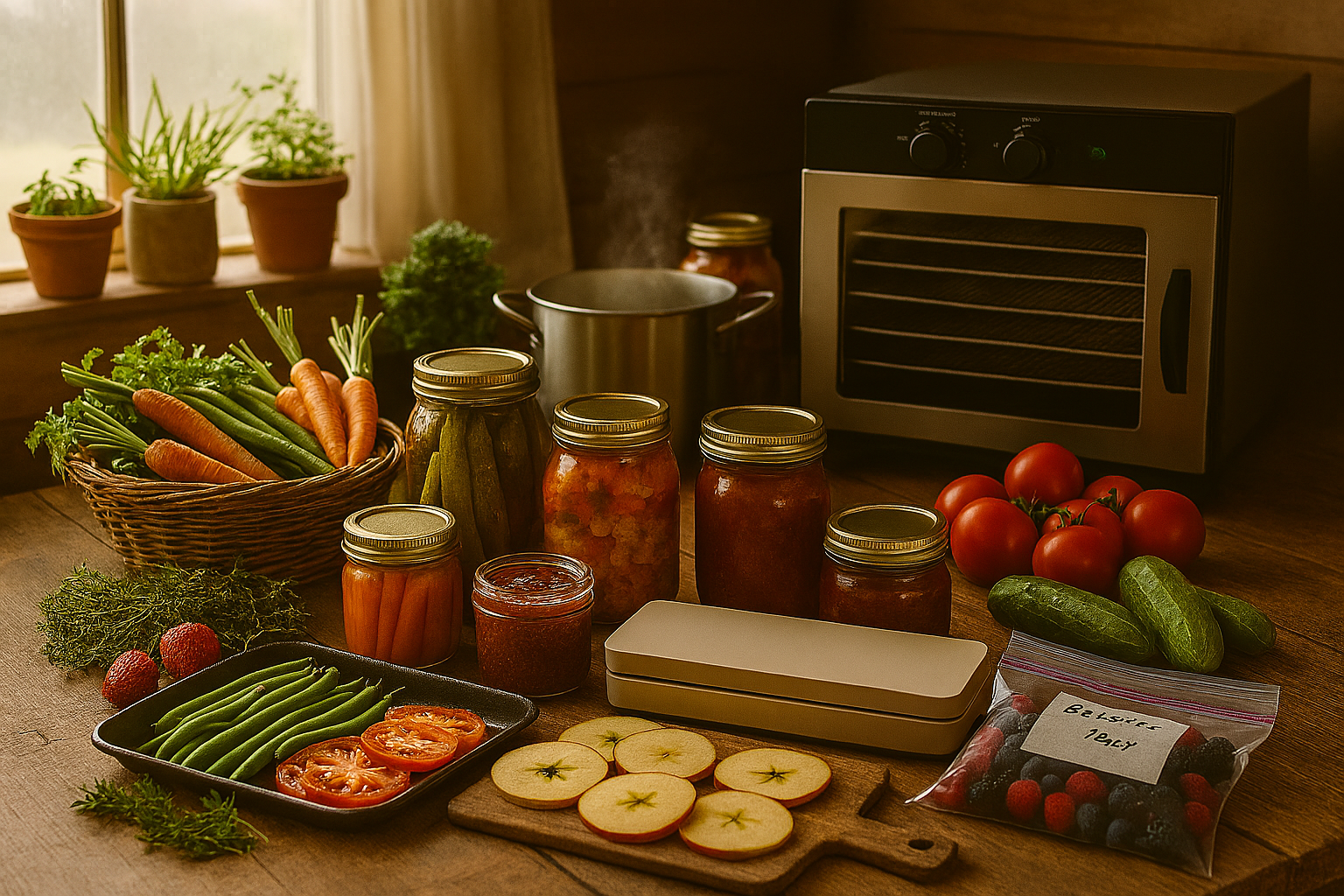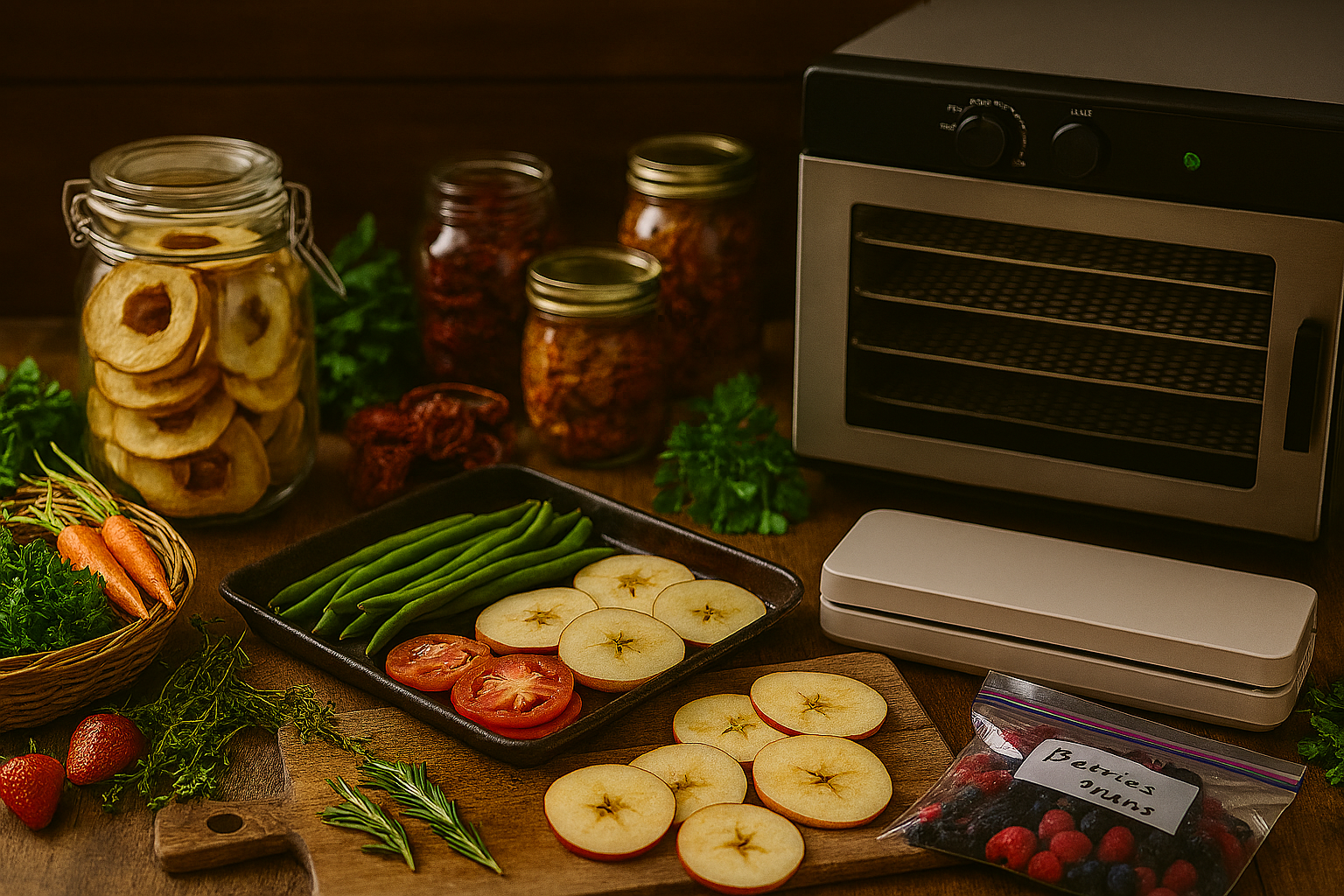Fresh eggs from your own chickens sound pretty awesome, right? Raising chickens for eggs has gotten popular because it gives you control over your food and can be a fun backyard adventure. Even if you’ve never taken care of birds before, starting your first flock is totally doable with some planning and a little patience.
I’ve been there, not knowing which chickens to pick or what kind of coop even works. It can seem a little overwhelming at first. But once you get started, you’ll stumble upon that it’s a pretty rewarding process that brings new life to your backyard and breakfast table. Here’s a practical guide covering everything I wish I knew as a beginner raising chickens for eggs.
Getting Ready: Planning for Your Chickens
Success with backyard chickens starts before you ever bring the chicks home. It’s about making sure you have the space, tools, and time for happy, healthy hens.
Check Local Rules and Restrictions
- Look up city or neighborhood laws around backyard chickens. Some places limit flock size or ban roosters.
- Check for any permit requirements or rules about how far the coop needs to be from property lines.
Gather What You Need
- Space: Each chicken should have at least 3–4 square feet of coop space and 8–10 square feet outdoors (run or yard).
- Coop: A secure coop protects against weather and predators. It needs nesting boxes, roosting bars, and good ventilation.
- Supplies: Feeders, waterers, bedding (straw, wood shavings), and some chicken feed will get you started.
Having these basics ready before chicks arrive means way less stress for everyone. If your climate is especially hot or cold, consider extra insulation or shade to make it easy for your flock to stay comfortable. Research local predators and pick your coop design accordingly—foxes, raccoons, opossums, and hawks all love an easy chicken dinner if given a chance.
Choosing the Right Chickens
Picking the right breeds can make a big difference, especially for beginners. You want chickens that are friendly, productive egg layers, and can adapt to your local climate.
Best Egg Laying Breeds for Beginners
- Rhode Island Red: Hardy and known for good egg production.
- Australorp: Calm, easygoing, and lay consistently.
- Plymouth Rock: Great personality and reliable layers.
- Leghorn: Famous for lots of white eggs, but a little flighty.
Most beginners start with 3–6 hens since that’s enough eggs for a small household. No roosters needed; hens lay eggs just fine without one. If you have children, you might want to check out breeds known for being extra docile, such as Orpington or Sussex. If you’re looking for next-level cool egg colors, Easter Egger chickens lay blue or green eggs, which can add some fun variety to your morning breakfast.
Bringing Your Flock Home
You can start with baby chicks, pullets (teen hens), or grown hens. Chicks are cute and fun, but they need heat and more attention for the first weeks. Pullets cost a little more but start laying sooner. If you buy from a breeder, farm store, or hatchery, check their reputation and ask about basic care tips.
What to Do When Your Birds Arrive
- Set up their brooder or coop ahead of time so everything’s ready. Make sure the brooder is draft-free and has soft bedding.
- Keep baby chicks warm, use a heat lamp at first. Start with around 95°F, then lower the temp by 5 degrees weekly until fully feathered.
- Provide clean water and starter feed (for chicks) or layer feed (for birds 16+ weeks old). Add electrolytes to water if chicks seem stressed from traveling.
Monitor chicks closely for the first few days. If any seem listless or huddle away from the others, make sure the heat is right and that there’s no bullying going on.
The Basics of Daily Chicken Care
Chickens are surprisingly easy to care for, but they do need a consistent routine and some attention every day.
- Fresh water every day (chickens drink a lot!)
- Feed them quality chicken feed. Treats like kitchen scraps and greens are fine, but main nutrition should come from their feed.
- Collect eggs daily, and clean out nesting boxes regularly to keep them inviting for your hens.
- Change bedding and clean the coop weekly, or as needed for odor and hygiene.
Spending just 10–20 minutes a day is enough for most backyard flocks. In the winter, extra care may be needed to keep water from freezing. In summer, check for overheating and make sure there’s always shade and fresh cool water. You might even find your hens following you around the yard once they get comfortable!
Eggs: What to Expect and Common Questions
The big question: “How soon can you eat an egg after a chicken lays it?” Actually, you can eat fresh eggs immediately after collecting them. If they’re dirty, just rinse them with warm water right before use. Washing removes the natural protective layer if you do it too early, so leave clean eggs unwashed until you use them. Store eggs unrefrigerated for a week or two, or in the fridge for longer shelf life.
How Many Chickens Do You Need for Eggs?
On average, a healthy hen will lay 4–6 eggs per week. Three or four hens is plenty for most families who want a steady supply but not a huge surplus. If you have a big family or love to bake, six hens might be just right. Some breeds slow down, or stop laying, during winter when days are short.
When Will Hens Start Laying?
Most hens start laying eggs between 5–7 months old. Expect smaller “practice” eggs at first. After a few weeks, you’ll see regular size and more consistent laying. Lighting, diet, and stress can affect when your hens start laying, so stay patient if it takes a little longer.
What is the 90/10 Rule for Chickens?
This rule means 90% of a chicken’s diet should be balanced commercial feed, with only about 10% made up of treats, table scraps, or foraged snacks. Sticking to this prevents nutrition problems and keeps hens healthy and laying well. Giving too many treats can lead to nutritional gaps or even poor egg production, so save the goodies for special occasions.
Is Raising Chickens Difficult?
Raising chickens for eggs looks much harder than it is. Daily chores are pretty simple, but chickens are living animals; they get sick, can attract pests, and sometimes escape or squabble with each other. Most problems are solved quickly with basic care and checking in on them every day.
The biggest jobs for me were building or buying a coop, keeping predators out (raccoons are sneaky!), and staying consistent with feed and water. As long as you start with healthy birds and good setups, the rest comes naturally with practice. Even first-timers manage flocks just fine once they’re used to the routine. Read up on common chicken health issues so you can spot problems early.
Connect with other local chicken keepers, whether online or in community groups. They can help answer questions, offer advice, and sometimes swap chicken supplies or eggs. Don’t be afraid to ask for tips if something is confusing you.
Tips to Keep Your Hens Happy and Laying
- Give fresh water daily, and clean waterers regularly.
- Collect eggs every day to keep them clean and prevent pecking.
- Keep the coop well ventilated but draft free. This cuts down on respiratory problems.
- Let hens have access to fresh grass or safe yard spaces; their eggs will taste even better.
- Watch for bullying. Add more space, hideouts, or extra feeders if needed.
- Offer plenty of shade in summer and make sure they can stay dry in winter rain or snow. Weather protection is key to happy, healthy hens.
Sometimes hens get bored. Hanging cabbage or lettuce in their run or providing perches can set free their natural behaviors and stop bad habits like feather picking.
Troubleshooting and Common Problems
Eggs Suddenly Stop?
- Most hens slow down in winter because of less daylight. Supplemental lighting (on timers) can help, but isn’t needed unless you want eggs all year round.
- Molting (losing feathers) is normal once a year, and laying will pause during this time.
- Stress or changes in their environment, like moving their coop, can also lead to a sudden halt in egg laying. Keep routines steady when possible.
Predator Problems?
- Use hardware cloth (not chicken wire) to cover openings. Bury fencing 12 inches down around the run to keep diggers out.
- Lock hens in the coop at night, and check often for weak spots in your setup.
- Install motion sensor lights to scare off nighttime visitors. If hawks are a problem, overhead netting can protect your hens outdoors.
Hen Not Laying?
- Could be age, stress, not enough protein, or broody behavior (wanting to hatch eggs). Most healthy hens bounce back with good care.
- If your hen looks sickly, separate her while you check for signs of mites, worms, or illness. A quick internet search can show you common symptoms or connect you with local vets who work with poultry.
Next Steps for Beginner Chicken Keepers
Raising chickens is easier to manage when you keep things simple and enjoy learning as you go. Watching your first hen lay an egg is a pretty eye-catching moment. The fresh egg breakfasts are just a bonus, and you may even find joy watching your chickens pecking through the yard.
Quick Starter Checklist:
- Decide how many chickens fit your space and needs (3–6 is a smart start).
- Choose friendly, productive breeds suited to your climate.
- Get your coop and run totally ready before bringing any birds home.
- Stick to daily routines; feeding, watering, cleaning, collecting eggs.
- Follow the 90/10 feed rule for top health and best egg production.
If you’re considering backyard chickens, careful research always helps. Reading books, online guides, and checking out local chicken keepers’ setups can give a boost to your confidence. And don’t be surprised when neighbors or friends want to trade for your fresh eggs once you get the hang of it. Chickens are more than just egg producers; they’re fun, social, and may quickly become the stars of your backyard adventure!







Leave a Reply